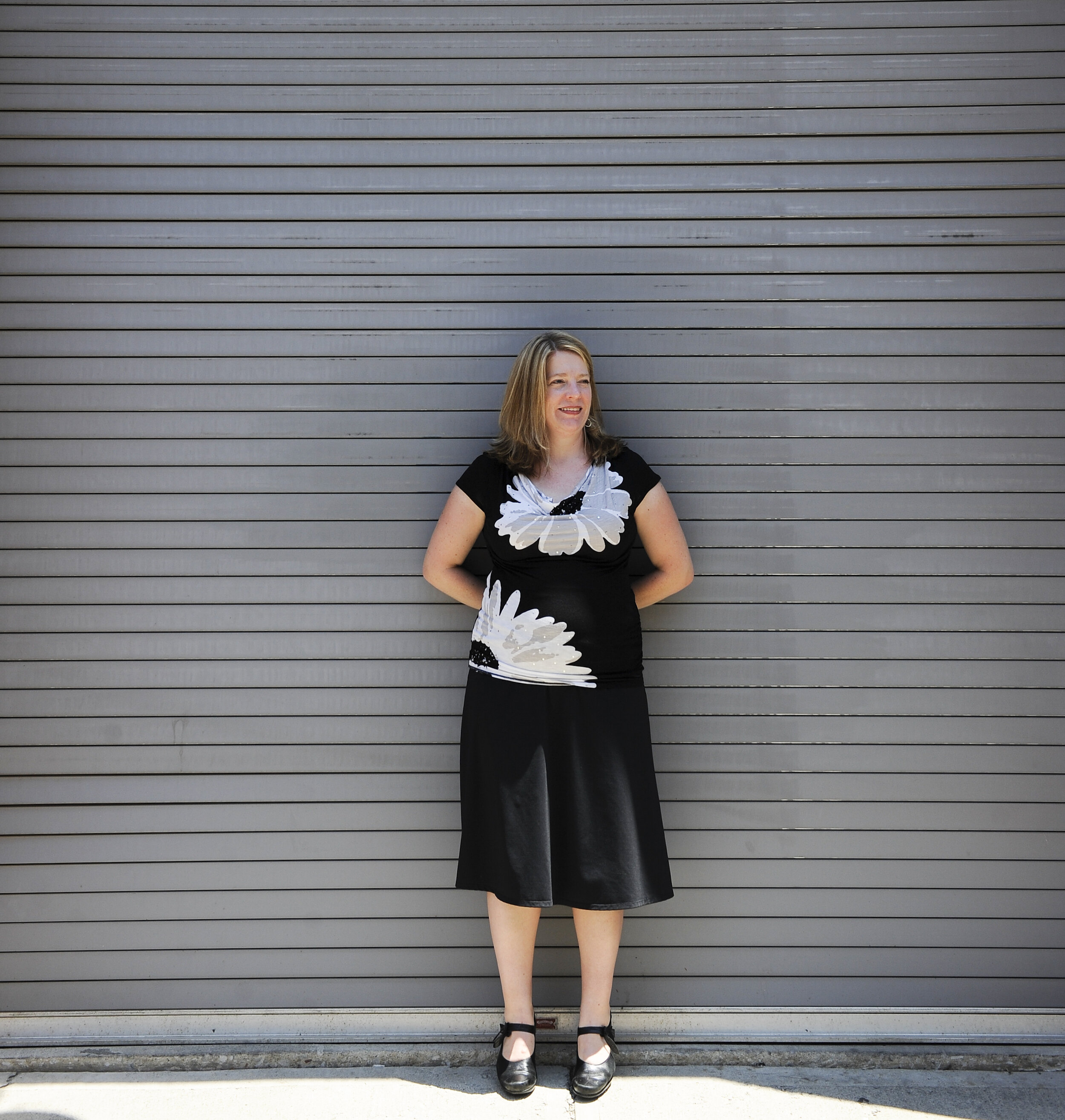
Welcome. Here’s My Story.
I live with a loud Monger (my word for inner critic)
But she doesn’t run the show anymore.
She is still there. When things get stressful, hustling and pushing are my go-to coping mechanisms.
The difference? After years of study, working with a therapist, and trial and error, I now know what to do when my Monger kicks in.
I know firsthand what it is like to be overwhelmed by shame, to hate how self-doubt makes me feel, and at the same time be scared to death that without my Monger driving me, I will be unaccomplished and unmotivated. Now I know there is a middle ground. There is a place where I am accomplishing without all the shame and anxiety.
Why I am so passionate about Quieting my Monger
For much of my adult life, I lived a double life. At work and with friends, I was very social, happy, professional, and light-hearted. But as soon as the doors to my house closed and I was alone, I was consumed with self-doubt. I had an internal commentary constantly telling me how I could improve myself, what I was doing wrong, and how the outside world would find out if I wasn’t careful. I always felt like even in the privacy of my own home, cameras were watching me, and everyone would find out that I was a lazy, anti-social, obsessive-thinking freak.
The challenge of this internal commentary was that the underlying message was if I were a better person, if I tried harder or somehow cracked the code, I wouldn’t be so miserable. Perfection was in my reach. I just needed to push harder.
After getting my counseling license, I became obsessed with the idea of the inner critic, the voice of self-doubt and criticism. I started calling that voice of self-doubt a Monger because a Monger, by definition, spreads propaganda. My internal commentary was propaganda. The lie that I could achieve perfection if I just tried hard enough.
My Dad
Around that same time, my Dad had been diagnosed with Parkinson's with dementia, and I could see firsthand that he too believed he deserved the voice of the Monger. He would talk about all the things he failed in his life. Seeing it in him broke my heart. Here was a man I adored. He was in his late 70s, strong, intelligent, resourceful, and kind. And yet, all he could talk about were his failures.
My Dad's death brought me to my knees. It was a devastating time for me. He was a guiding force for me in so many ways, and with him no longer in my life, I felt lost. After he died, I decided a way to honor him was to figure out how to quiet the Monger's voice once and for all.
Rather than just repeating the idea of self-acceptance and self-compassion, I needed to figure out a way to make that idea work for me.
The Book
Writing the Happier Approach was one way I could channel the all-consuming grief over my dad. I promised myself that if I were going to write a book, I would be 100% honest—no more pretending that something would work when it wasn’t working for me. I was going to own how hard self-acceptance was, how I didn’t understand what self-compassion means, and how both of those words were so overdone they had lost all meaning.
I know this sounds hokey, and if I hadn’t experienced it myself, I wouldn’t believe it, but as I started writing the Happier Approach, it just flew out of me. The characters, the methodology just showed up. And amazingly, my Monger was quiet. I believe this is because in writing the book, in being radically honest, I was practicing self-loyalty.
I wish I could say my Monger is gone, and I live a life free of self-doubt—but I would be lying. I can say, My Monger doesn’t hijack my day-to-day life as frequently or as long as she used to. Practicing self-loyalty and not running from my internal world is a game-changer.
My Time In School
I specialize in quieting self doubt, with over 20 years experience in counseling, studying and training in self doubt. I have a Bachelor of Arts in Psychology from Miami University and earned two Masters' Degrees in Higher Education and Community Counseling from the University of Dayton. I also completed my postgraduate training in Gestalt Therapy at the Gestalt Institute of Central Ohio and is a Certified Daring Way™ Facilitator, based on the research of Dr. Brené Brown
I have written three books, most notably The Happier Approach: Be Kind to Yourself, Feel Happier, and Still Accomplish Your Goals.





